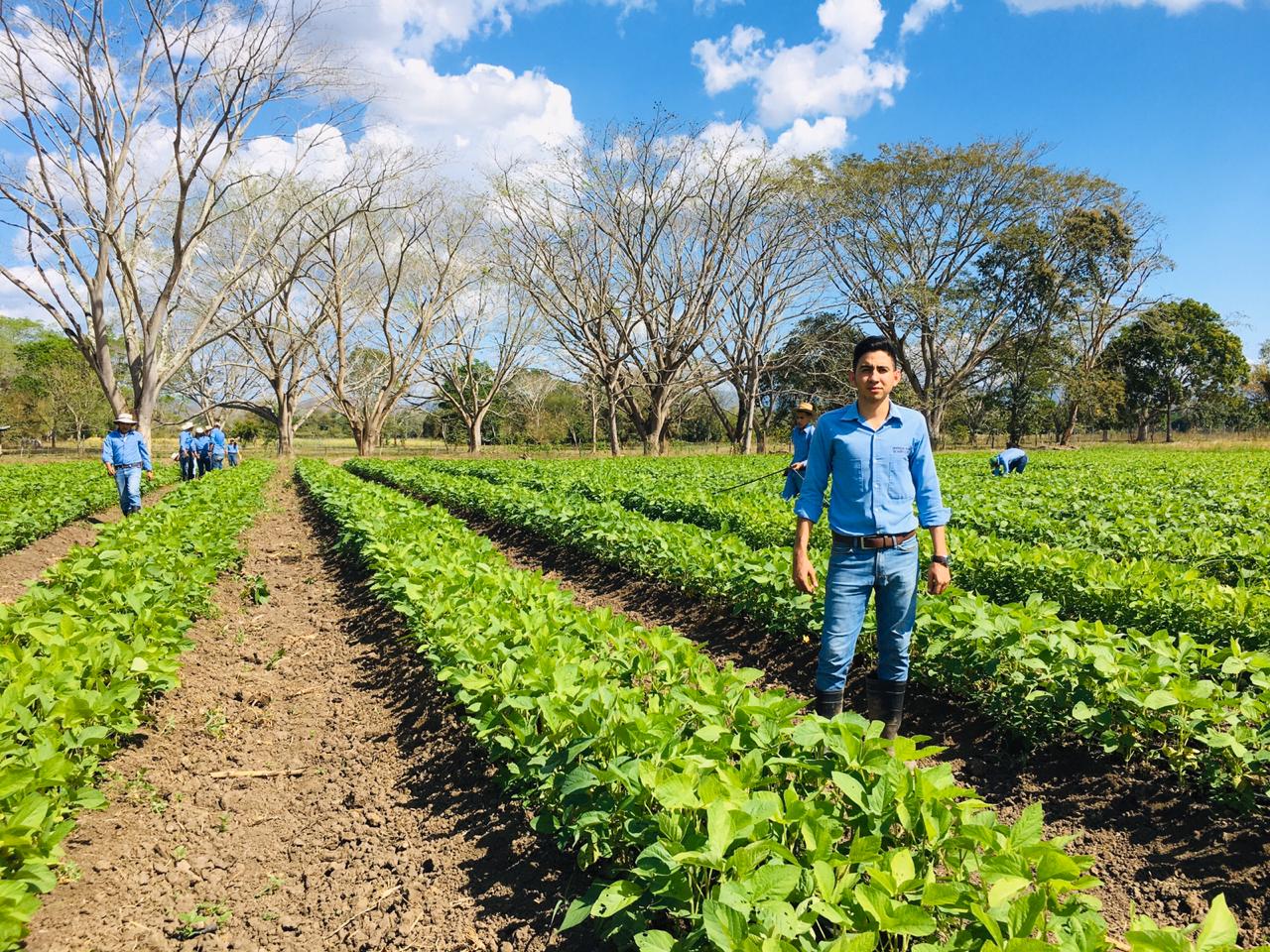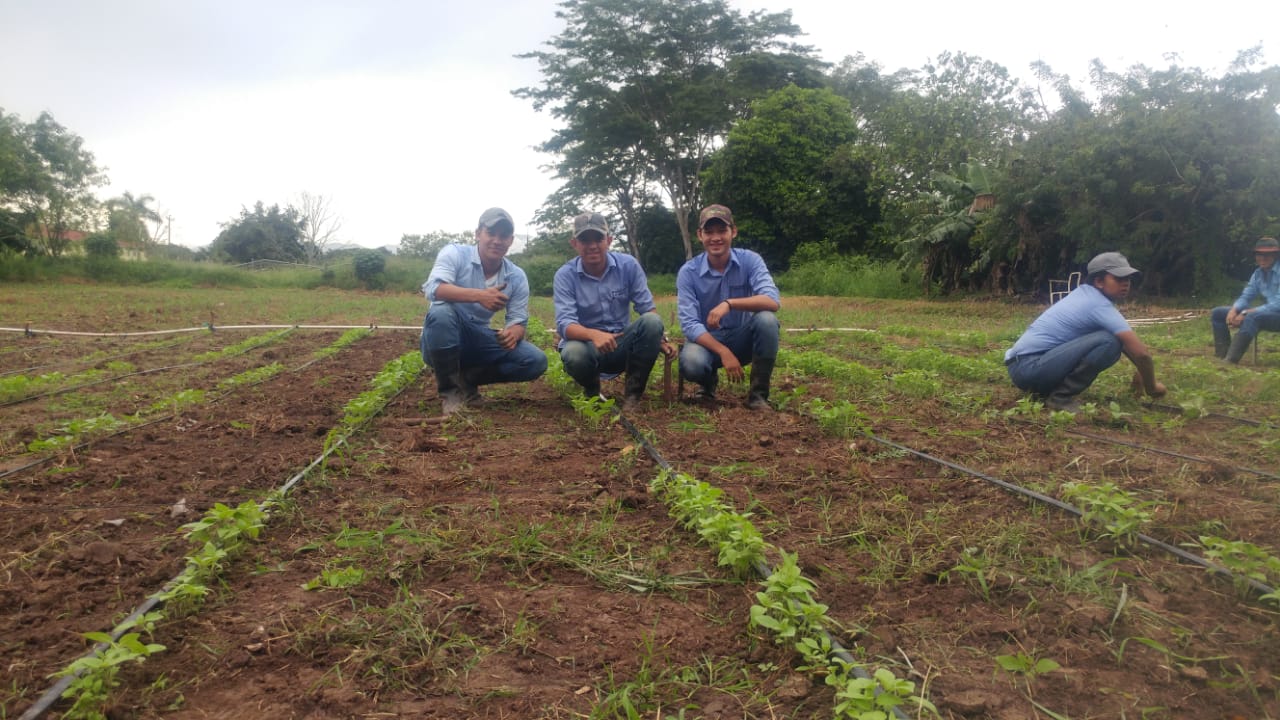
- Correo electrónico: zerazo@unag.edu.hn
Misión
Potenciaremos el desarrollo social, cultural, ecológico, económico y político de la sociedad hondureña y centroamericana mediante la formación académica de ingenieros agrónomos bajo un nuevo perfil profesional fundamentado en competencias actitudinales y valores morales en el aprender- haciendo y en un actualizado currículo de conocimientos científicos.
Visión
Seremos la carrera de la universidad nacional de agricultura con el mayor impacto nacional y regional debido a la adecuación curricular permanente, fundamentada en competencias conceptuales, procedimentales y actitudinales generadas en diversos escenarios académicos nacionales e internacionales con los cuales se creará todo tipo de avances científico -tecnológicos en las ciencias agrarias en respuesta a las demandas de la sociedad y los cambios del medio.
La Carrera de Ingeniería Agronómica, parte de una característica especial dados los requerimientos profesionales propios del sector agrario y sus áreas afines, esto es, la formación práctica robustecida en cada graduado a fin de garantizar calidad en su desempeño dentro del campo laboral.
El profesional egresado de la carrera de Ingeniería Agronómica está obligado a conocer de las nuevas tendencias en los procesos tecnológicos, los cultivos que son negocios y oportunidades de inversión, cultivos materias primas para la industria, optimización de los sistemas de producción, manejo pertinente de los recursos, uso adecuado de los suelos, el cambio climático, entre otros.

Por ello su formación se enfoca en el conocimiento amplio de las ciencias agrarias tanto de lo teórico como práctico, y con ello en el desarrollo de habilidades, destrezas y actitudes que permita al profesional utilizar la producción agrícola como un factor importante en el bienestar de la sociedad hondureña.
Más específicamente, la contribución de esta carrera al desarrollo del agro consistirá en capacitar a los hondureños y centroamericanos en la detección e identificación de los constantes cambios del entorno biofísico (efectos del cambio climático) y generar en ellos el compromiso de aplicar medidas de ralentización a estos factores de riesgo, cuidando que las respuestas a tales demandas tecnológicas sea ofrecida de forma responsable, honesta, ética, respetuosa de las leyes lo que les facilitará como egresados integrarse al desarrollo del país.
La carrera de Ingeniería agronómica se estructura en siete áreas disciplinares:


